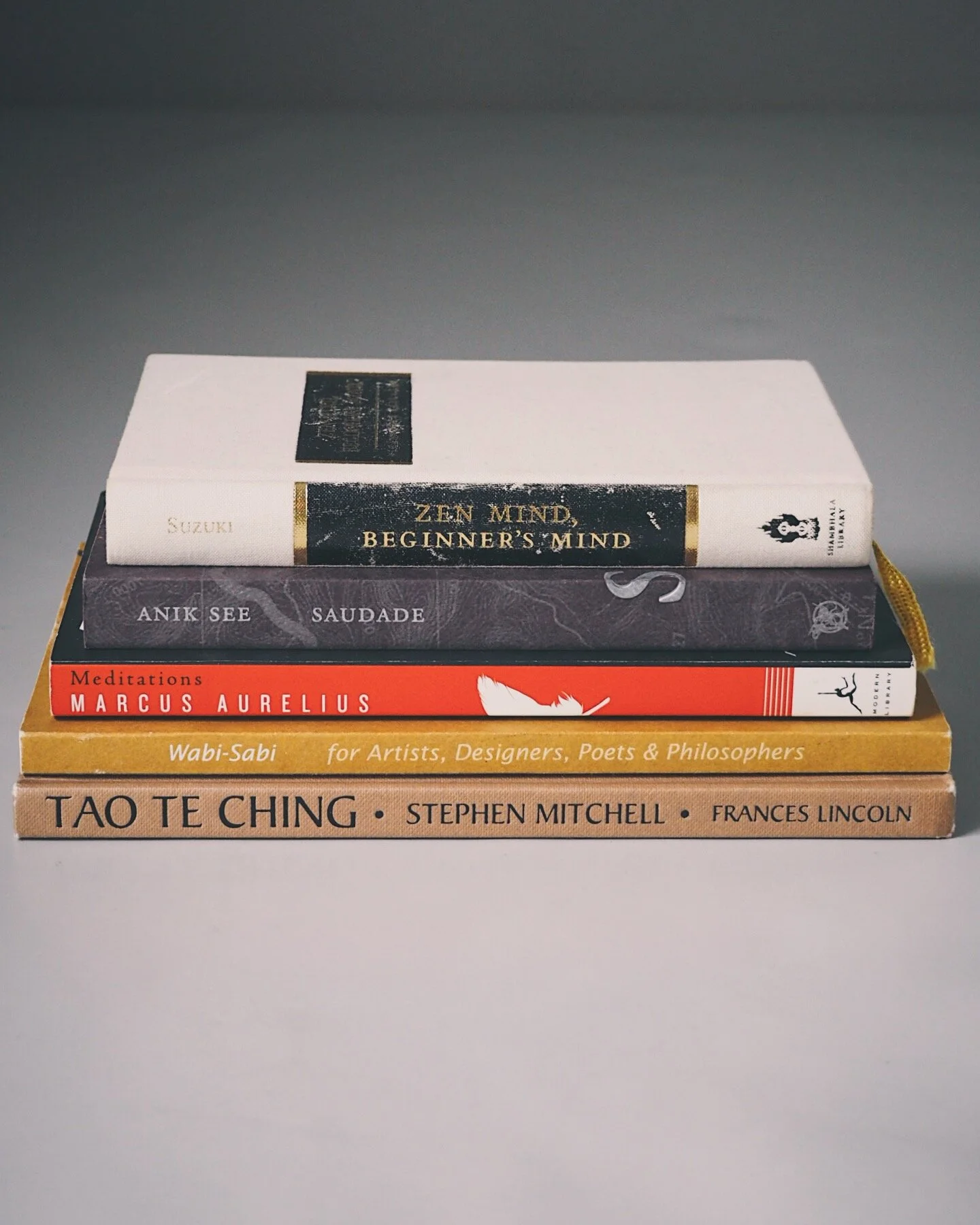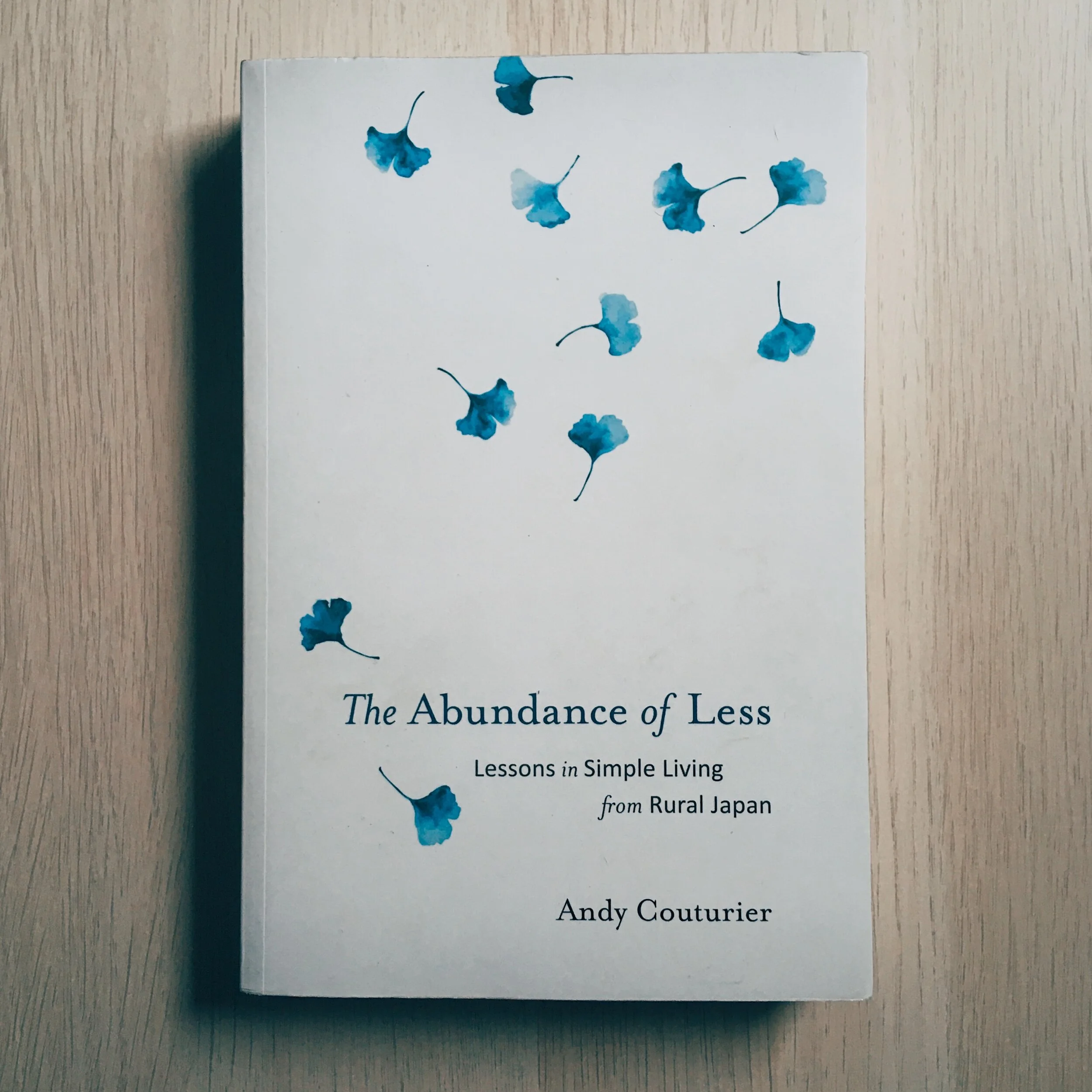It’s been over a decade since I began my practice in architecture. There have been serious moments of doubt, times where I was sure I would quit. When I could not persevere, I learned to reframe my goals and update my mindset. All these years later I find myself with new reasons to fall in love again. I offer two important themes I’ve come to understand in my journey: beauty and patience.
Beauty lies in harmony. People make the mistake that beauty is akin to balance. Balance by its very nature is static and must occur simultaneously, where harmony is achieved over time and is dynamic. Life is beautiful because it is dynamic.
Patience is the highest form of trust. I trust that it will work out. I trust that you will find your way. I trust that things will come together in the end. Patience means that in times of uncertainty, you find trust in the process.
Read More



















